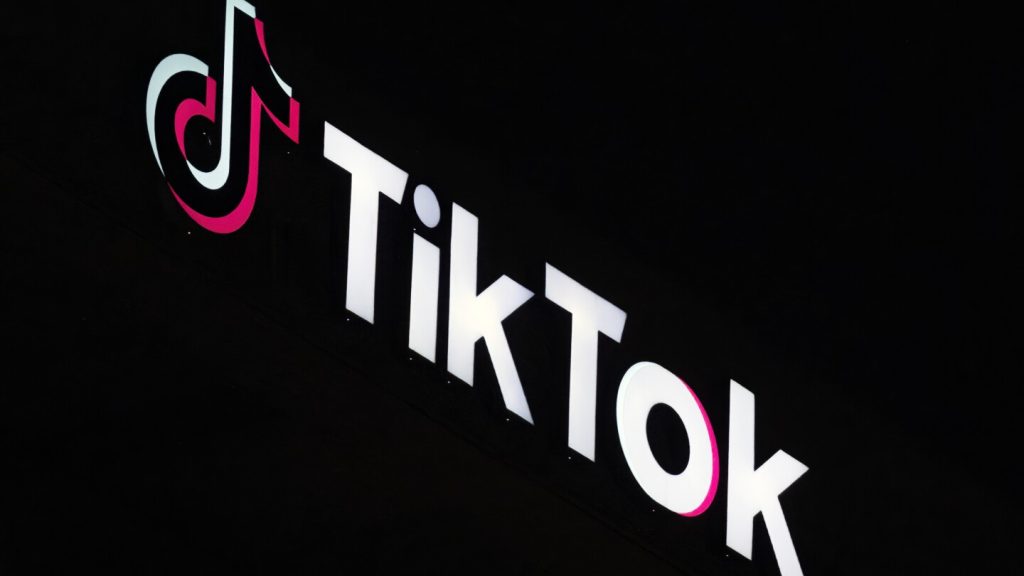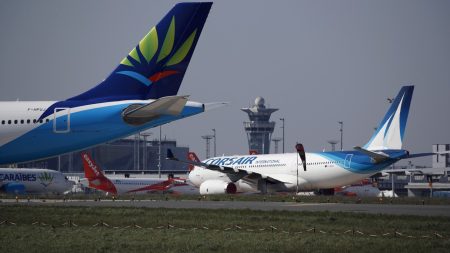Venezuela’s Supreme Court has issued a $10 million fine against TikTok for allegedly not implementing measures to prevent viral video challenges that have led to the deaths of three Venezuelan children. Judge Tania D’Amelio stated that TikTok had acted negligently and gave the company eight days to pay the fine. Additionally, TikTok was ordered to open an office in Venezuela to supervise content to ensure compliance with local laws. It is unclear how Venezuela will enforce the payment of the fine, as TikTok’s parent company is based in China.
In recent months, Venezuelan officials have blamed TikTok for the deaths of three children in connection with viral video challenges. President Nicolas Maduro accused TikTok of being responsible for the death of a 12-year-old girl who allegedly died after participating in a challenge involving taking tranquilizer pills. Education Minister Hector Rodriguez also stated that a 14-year-old died after participating in a TikTok challenge that involved sniffing substances. Venezuela’s attorney general attributed the death of a third child to video challenges on TikTok.
Media freedoms in Venezuela have been severely restricted under Maduro’s regime, with dozens of radio stations and television channels being taken off the air. Human rights groups and news companies have also faced censorship, with over 60 websites being blocked at different times this year. In August, the Venezuelan government banned the social media platform X after accusing its owner, Elon Musk, of orchestrating attacks against Venezuela. The ban was imposed following allegations of election rigging by Maduro, which were refuted by international organizations.
While X can now be accessed on privately run internet providers in Venezuela, it remains blocked by Movilnet, the state-owned internet provider. The restrictions on social media platforms and internet access in Venezuela highlight the government’s efforts to control information and suppress dissent. It is essential for media freedom and freedom of expression to be upheld to ensure transparency and accountability in a democratic society. The implications of these restrictions on access to information and freedom of speech are significant, as they limit the ability of Venezuelans to express themselves and access diverse sources of news and information.















